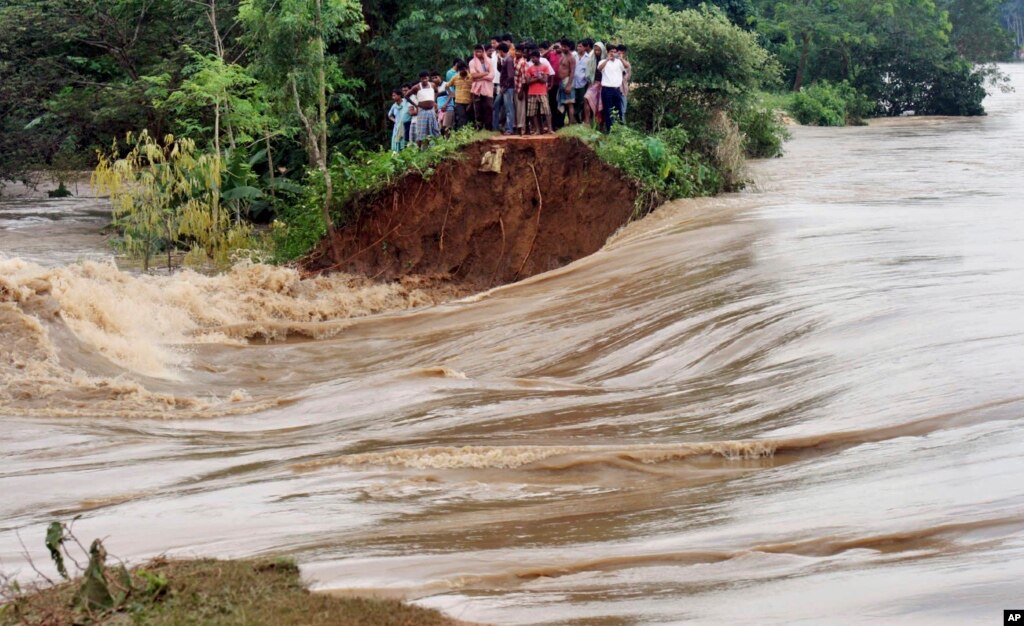| Source: Climate Council Australia on Google+ - https://plus.google.com/+ClimatecouncilOrgAu |
"It is the best outcome we could have hoped for, not just for the Least Developed Countries, but for all citizens of the world."
Key pointsThe measures in the agreement included:
- To peak greenhouse gas emissions as soon as possible and achieve a balance between sources and sinks of greenhouse gases in the second half of this century
- To keep global temperature increase "well below" 2C (3.6F) and to pursue efforts to limit it to 1.5C
- To review progress every five years
- $100 billion a year in climate finance for developing countries by 2020, with a commitment to further finance in the future.Source: BBC - http://www.bbc.com/news/science-environment-35084374
We must remember however that this agreement is just the first step. The success of this pursuit is of course dependent on all federal governments to design policy sophisticated and direct enough to regulate the change that is needed. The deal seems to have allowed flexibility for nations to do so which is important as not only is this agreement legally binding, but resistance from old energy supporters will undoubtedly identify complex problems.
For the full release from the UNFCCC (United Nations Framework Convention on Climate Change, click here.





